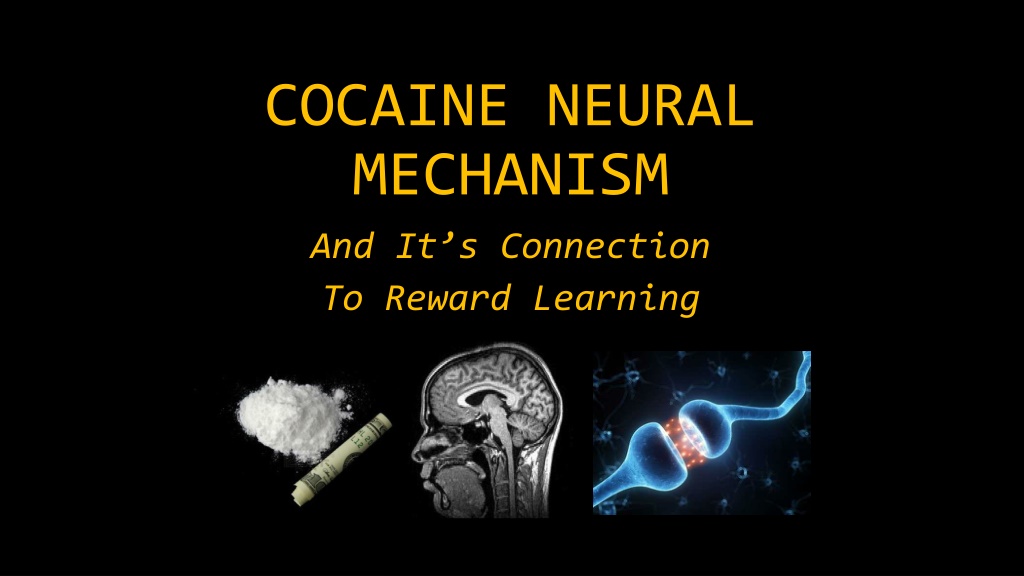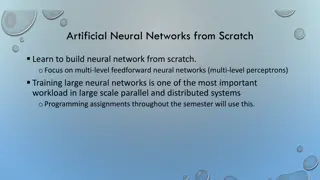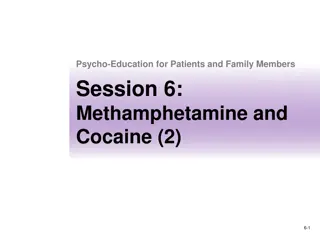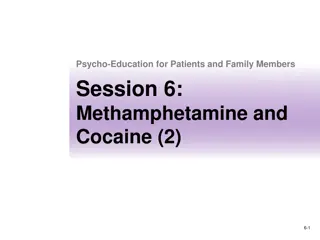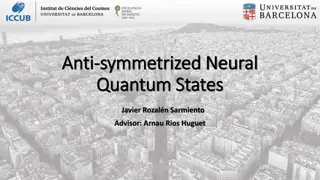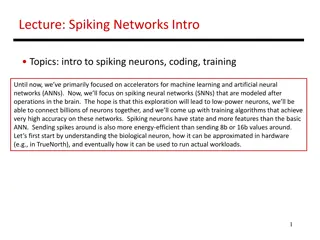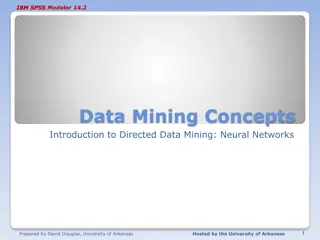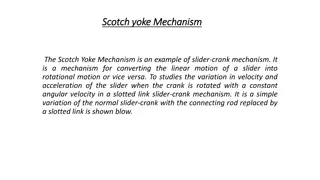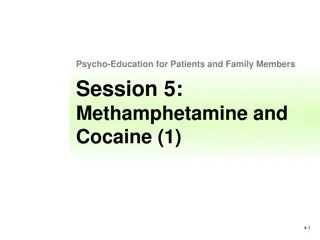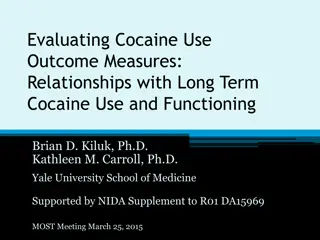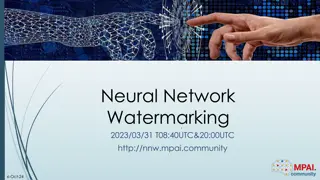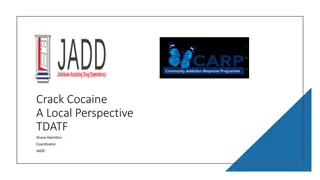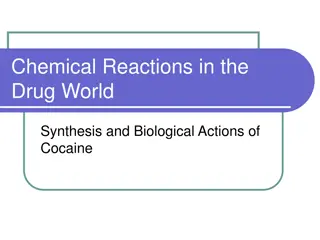Understanding Cocaine's Neural Mechanism and Reward Learning Circuit
Cocaine affects the brain's reward circuit by blocking dopamine transporters, leading users to associate the drug with a rewarding feeling. Prolonged use can result in internalization of dopamine receptors. By hijacking reward-learning mechanisms, cocaine becomes one of the most harmful and addictive illegal drugs. Understanding the physiological mechanisms behind drug use is crucial for effective treatment and prevention. Our brains are naturally wired to learn about potentially rewarding stimuli, with dopamine playing a key role in this system's functioning. Changes in synaptic strength and plasticity are fundamental to memory formation. Explore the intricate neural basis of cocaine's effects and its connection to learning in the brain.
Download Presentation

Please find below an Image/Link to download the presentation.
The content on the website is provided AS IS for your information and personal use only. It may not be sold, licensed, or shared on other websites without obtaining consent from the author. Download presentation by click this link. If you encounter any issues during the download, it is possible that the publisher has removed the file from their server.
E N D
Presentation Transcript
COCAINE NEURAL MECHANISM And It s Connection To Reward Learning
The Neural Basis of Cocaines Effect Cocaine is considered one of the most harmful and addictive illegal drugs. Understanding physiological mechanisms of drug use can help with treatment and prevention. The Pathological Learning Model: addictive drugs highjack reward-learning mechanisms in the brain.
Reward Learning Circuit: The Basics
Reward Learning Circuit: The Basics Our brains are wired to learn about potentially rewarding stimuli.
Reward Learning Circuit: The Basics Our brains are wired to learn about potentially rewarding stimuli. Dopamine (DA) is an important neurotransmitter in this system.
Reward Learning Synaptic Strength relative ability of neurons to pass on information Pre-synaptic more/less neurotransmitter released Post-synaptic changes in receptor expression Synaptic Plasticity change in synaptic strength. Foundation of Memory Formation
Cocaine Neural Mechanism Cocaine acts on neurons of the reward circuit: DA Transporter Blockade
Cocaine Neural Mechanism Cocaine acts on neurons of the reward circuit: DA Transporter Blockade User learns to associate cocaine with rewarding feeling.
Cocaine Neural Mechanism Cocaine acts on neurons of the reward circuit: DA Transporter Blockade User learns to associate cocaine with rewarding feeling. Prolonged use correlated with internalization of some DA receptors
Cocaine Neural Mechanism Cocaine acts on neurons of the reward circuit: DA Transporter Blockade User learns to associate cocaine with rewarding feeling. Prolonged use correlated with internalization of some DA receptors Leads to a feedback loop of cocaine use and receptor internalization.
Cocaine and Reward Learning: Compare and Contrast Similarities Differences The The Pathological Pathological Learning mediating plasticity related to adaptive reward learning. Learning Model Model: : drug use usurps reward-
In-class activity The What s On My Back? Game
